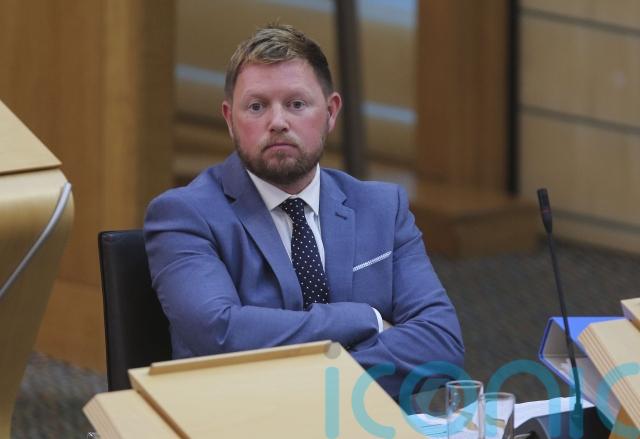
Plans aimed at refusing killers’ parole if they withhold the location of their victims’ bodies “will make little difference”, a defence advocate has said.
Edith Forrest said parole boards already consider whether criminals have withheld information.
The Scottish Government has accepted an amendment from Lib Dem MSP Jamie Greene to introduce the so-called Suzanne’s Law.
Suzanne’s Law is named after Suzanne Pilley, who was murdered by her colleague, David Gilroy, in 2010.

Gilroy, who was given a life sentence and ordered to serve a minimum of 18 years in prison, has never revealed the location of Ms Pilley’s body.
The change to the Victims, Witnesses, and Justice Reform (Scotland) Bill would require parole boards to take into account whether a prisoner has refused to reveal the location of their victims’ remains.
The Scottish Tories have criticised the proposals as a “betrayal” because they would not compel parole boards to refuse killers parole, only take into account whether they hide such information.
Appearing on the BBC’s Good Morning Scotland programme, Ms Forrest suggested Mr Greene’s amendment was unnecessary.
She said: “I have every sympathy with victims’ families who will inevitably be anxious about the prospects of prisoners such as these being released in parole and still exerting some control, as they will see it, over the situation by withholding that sort of information.
“But the proposed amendment, respectfully, I think, would make little difference to how the parole board approached such cases.
“Rule 12 is specifically directed towards the circumstances where prisoners withhold that sort of information and … that is exactly the information that they would consider in the parole assessment.
“The parole board is there to assess risk, and that is a complex process, and something like that is exactly the sort of thing that they would be looking at.”

Ms Forrest said even if parole boards were forced to consider such information, they could still reject it, although she said that was unlikely.
Mr Greene, who also appeared on the programme, said his amendment would make a difference.
“I think it’s important to get this stuff in black and white on the face of legislation,” he said.
“It makes it much clearer that this is an important part of the consideration.
“It makes it much clearer to the parole board what they must or must not consider as part of this process.”
Mr Greene, who defected from the Tories to the Scottish Liberal Democrats earlier this year, said the justice system had to be improved for victims and their families, adding: “Finally, after many years, this is the opportunity to do that before the next Holyrood election, and I hope the Government is listening.”
The politician said there was a moral case to introduce Suzanne’s Law, which he said was “absolutely” backed by victims’ families.
He said: “At the end of the day, there are grieving families that have been unable to find closure throughout this process, and there are people who they see that could be released from prison that still know to this day where the remains of their loved ones are, and I think that’s morally unacceptable.”
The Scottish Government has been approached for comment.
Subscribe or register today to discover more from DonegalLive.ie
Buy the e-paper of the Donegal Democrat, Donegal People's Press, Donegal Post and Inish Times here for instant access to Donegal's premier news titles.
Keep up with the latest news from Donegal with our daily newsletter featuring the most important stories of the day delivered to your inbox every evening at 5pm.